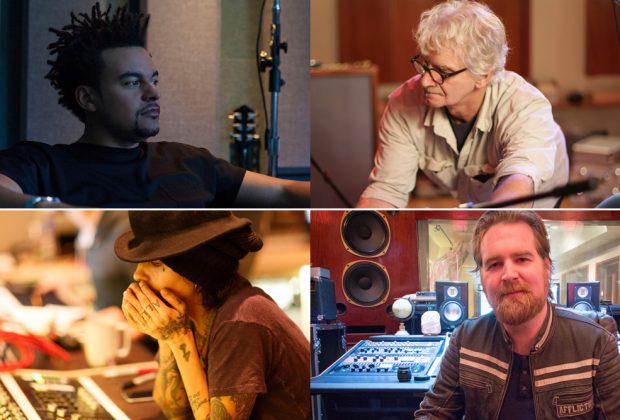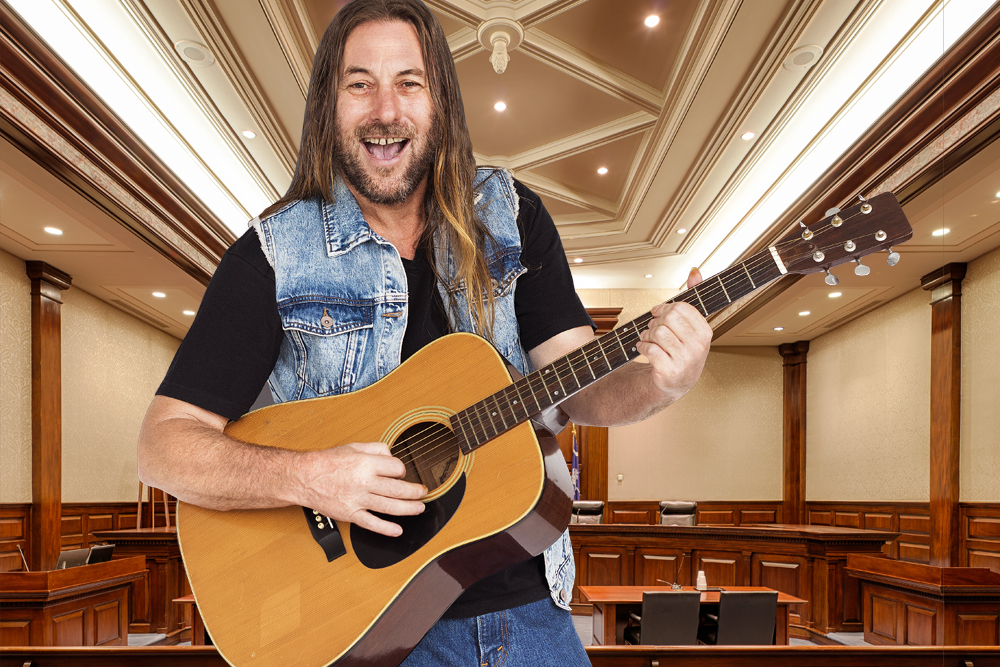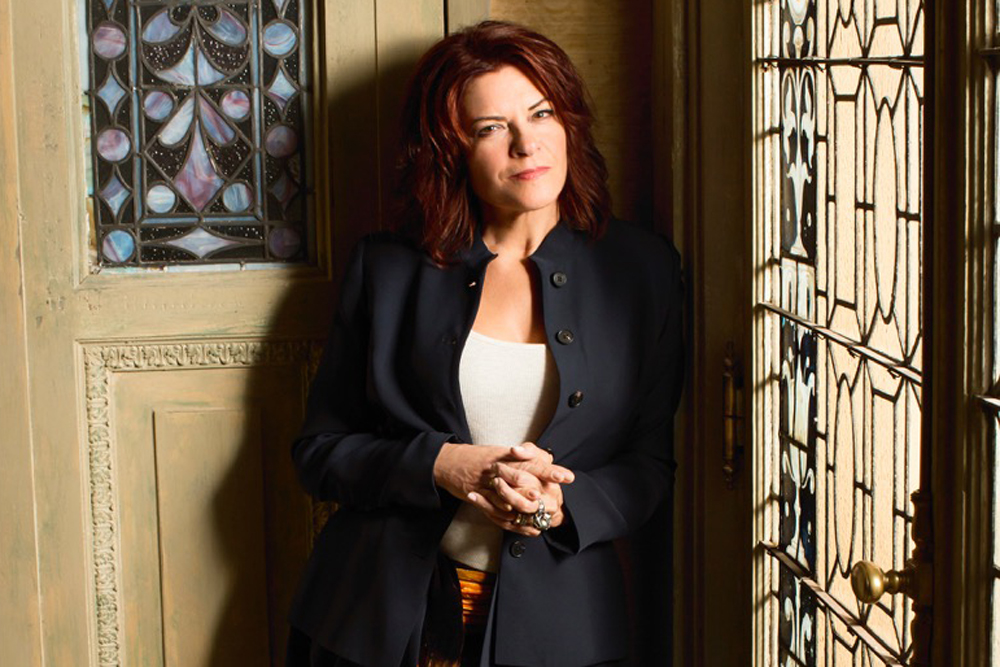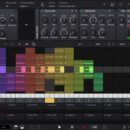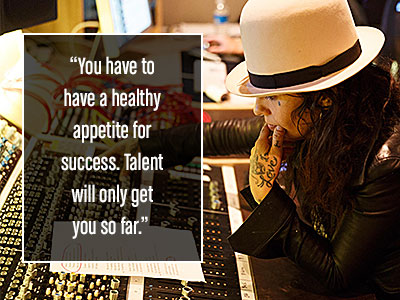
Linda Perry
Clientele: Pink, Christina Aguilera, Gwen Stefani
Contact: lindaperry.com
Musician, songwriter and producer Linda Perry leapt to prominence in 1993 when she scored the hit “What’s Up?” with her band 4 Non Blondes. However, the initial production touched a nerve and exposed her low tolerance for interference. She made her feelings plain to the label and shortly thereafter took the band to Sausalito’s The Plant and produced the song herself. The experience taught her that she could enable other musicians to do the same. Notable in her songwriting portfolio are Pink’s “Get the Party Started” and Christina Aguilera’s “Beautiful.”
What are some of the biggest challenges facing producers today?
Too many options and artists that aren’t writing solid songs. A producer’s job is not to overproduce and saturate a song. It’s to first see if there’s a song there. If so, then they develop it into who it wants to be. It’s hard to do that now because there’s no such thing as pre-production, since there aren’t any bands. [Artists are] cutting directly to the record deal. What producers are up against are artists that don’t know who they are.
What’s an ideal client for you?
Someone who has the right ego and confidence. They can let go and give someone else control. They’re strong enough to know when something’s working and when it’s not. It’s useful when an artist is open to trying things, making them better and has a vision of where they want to be. It’s also great when they’re open to empowering the people around them to help them get there. That’s an ideal producer, too: someone who empowers the artist.
When does a producer become a co-writer?
I may be in a unique situation because primarily I only produce the things I write. If an artist comes in with a song they’ve already written and I suggest changes to the arrangement, to me that’s not songwriting. That’s me being a producer. Changing the structure of a song is songwriting.
What’s your strategy for putting an artist at ease?
I talk with them and find out what kind of mood they’re in. One of my gifts is that people open up to me. In a writing and recording situation, it’s intimate and your artist needs to feel safe. That’s my job. And I’m humble when it comes to songwriting because I don’t know when it’s going to hit.
What have been your favorite technical developments over the past few years?
I’m old-school; very analog. The best technique I’ve come up with is to not overwork anything; not to get involved in technique. If I’m not getting the sound I want, I’ll change the instruments. If that doesn’t work, I’ll change mics and then I’ll fiddle with compressors. But drums are my favorite thing to record. When a song starts to sound muddled, I take away the last thing I did.
How do you establish a strong relationship with a mix and/or mastering engineer?
I go to whoever’s the best person for the song. Right now I’m in love with [mix engineer] Andrew Scheps. He’s so versatile and a great human. He has all the know-how of old-school recording and now he’s all in the box. His mixes are incredible. For mastering, you have to find the right guy to add the right layer of magic.
What are the best ways for artists to save money in the studio?
Write your songs in your house or a rehearsal room. It costs a lot to spend the day in a studio. Most of the time people are in there writing. Work out the song in a rehearsal room; get the album first. Writing a song outside of the studio can save artists $50,000.
What’s the biggest challenge in the studio?
I get challenged by heavy hitters––like when a drummer comes in and thinks they’re the next [John] Bonham. The biggest challenge I have is to make my beautiful vintage drums sound like drums. They sound like bricks because [drummers] are hitting them so hard. It’s a struggle to work with players like that because they don’t understand the delicate nature of what drums are. They sing to you and want to be hit a certain way. So: inexperience is a challenge.
How important is pre-production?
It’s so important. I’m working on a record with an artist now because she’s awesome. I could get this girl a record deal immediately, just on [the strength of] her demo. The songs are strong. Ultimately, that’s the best place to be before you go into the studio. You know what you’ve got. The only way to fuck it up is when you’re in the studio recording it. [Pre-production gives me] a guideline so I can tell where I went wrong.
What’s the key to identifying talent?
It’s a feeling I get; an emotional reaction. [An artist] could not even seem that great. But there’s something about them––the way they carry themselves, the way they’re vulnerable, the way they’re confident. I’ll take someone with a strong vision––someone who wants to play sold-out stadiums and sell 20 million records––and no talent over the John Lennon who sits on the couch with no motivation because he thinks he’s way too cool. You have to have a healthy appetite for success. Talent will only get you so far.
What does the future hold for major labels?
Things go in waves. Labels are starting to understand a little more where they fucked up, what needs to change and they’re placing people in position with fresh input. What’s happened [in the industry] isn’t really the labels’ fault. Artists are also to blame for being wimpy-ass chicken-shits for not standing up for what they believe. I’ve worked with many who say “I didn’t want to make that album. The label made me.” They let them do that to them. If they’d fought, the label would have backed down. •

